The videos below have been filmed at IAFOR conferences and offer insights and perspectives from some of the world’s leading academics.
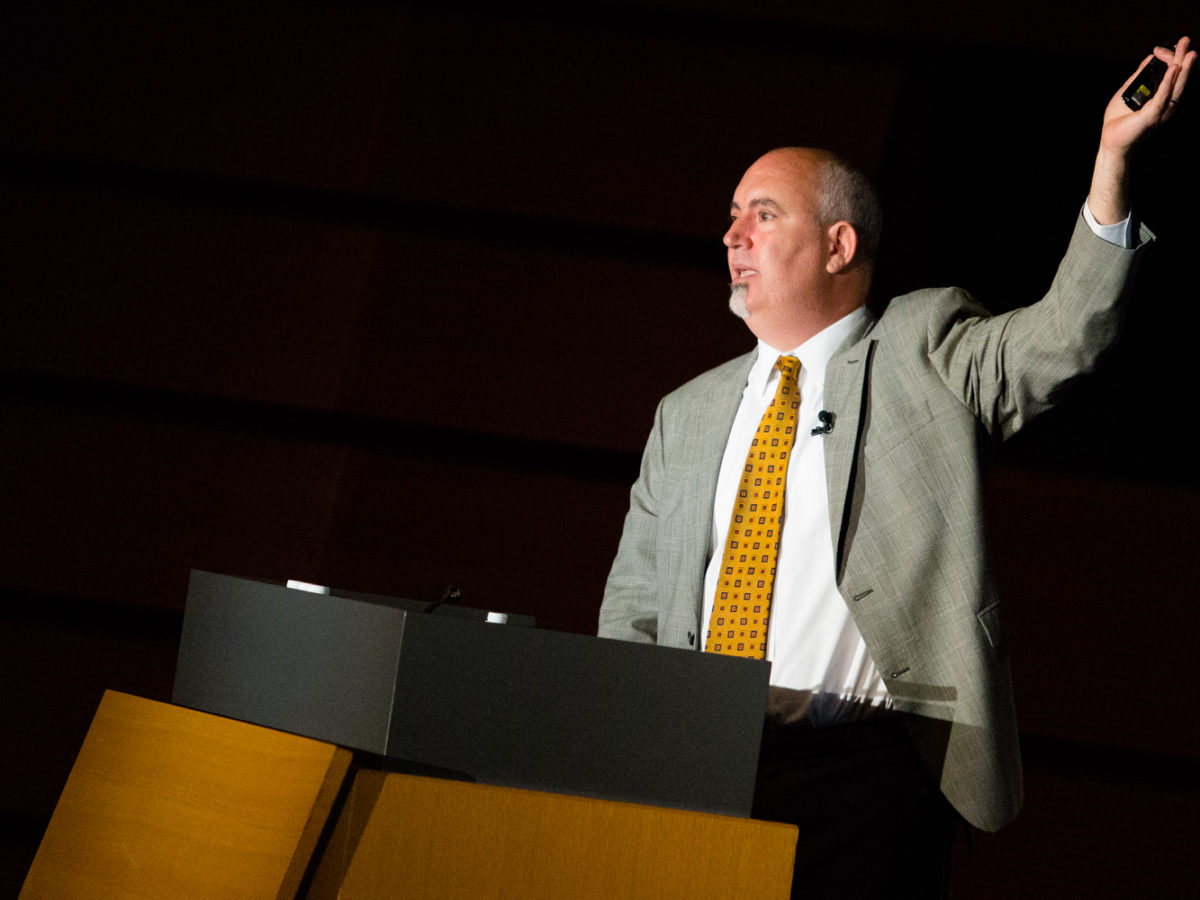
Creating Abundant Enterprises
Professor Jay Friedlander of the College of the Atlantic talks with IAFOR Executive Director, Dr Joseph Haldane about the importance of abundance and sustainability in business.
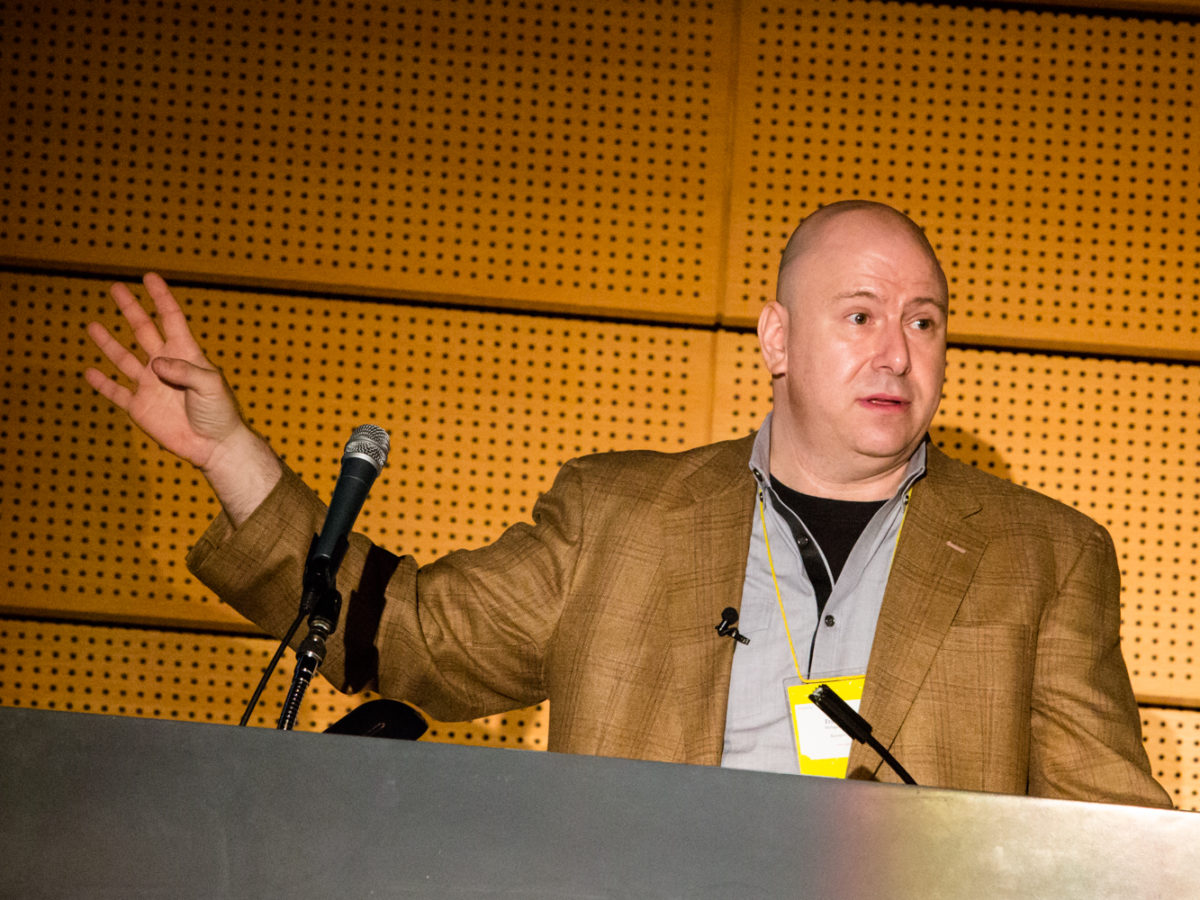
Government Officials’ Visits to the Yasukuni Shrine: Constitutional and Ethical Struggles
“Visits to the shrine by government officials create an ethical and cultural struggle for many Japanese, who are surprised to learn of international reaction to the visits, and yet feel deeply committed to avoiding conflict.”
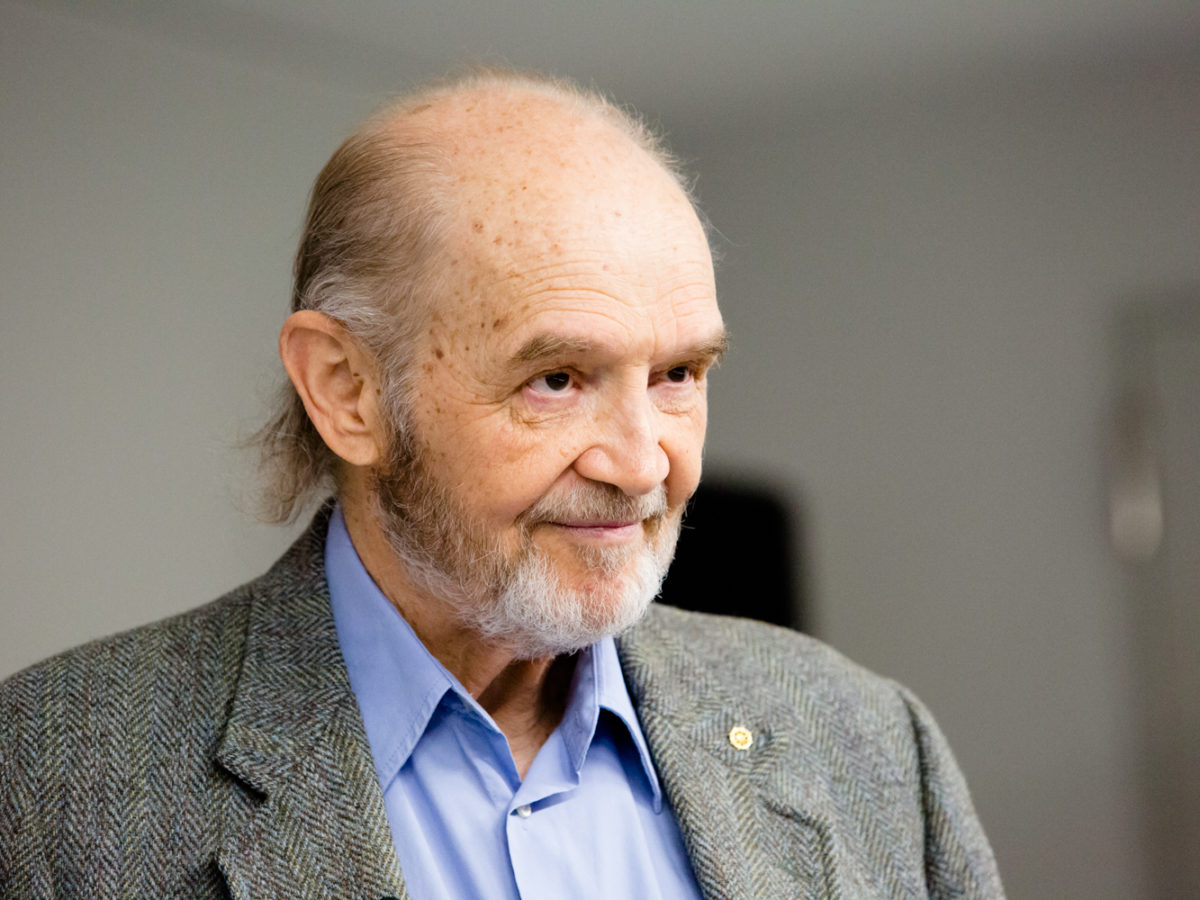
War, Zen Buddhism and Academia
Professor Frank S. Ravitch, IAFOR Executive Council Advisory Board Member, sits down for an intriguing and enlightening interview with Dr Brian Daizen Victoria, Fellow of the Oxford Centre for Buddhist Studies, Japan.
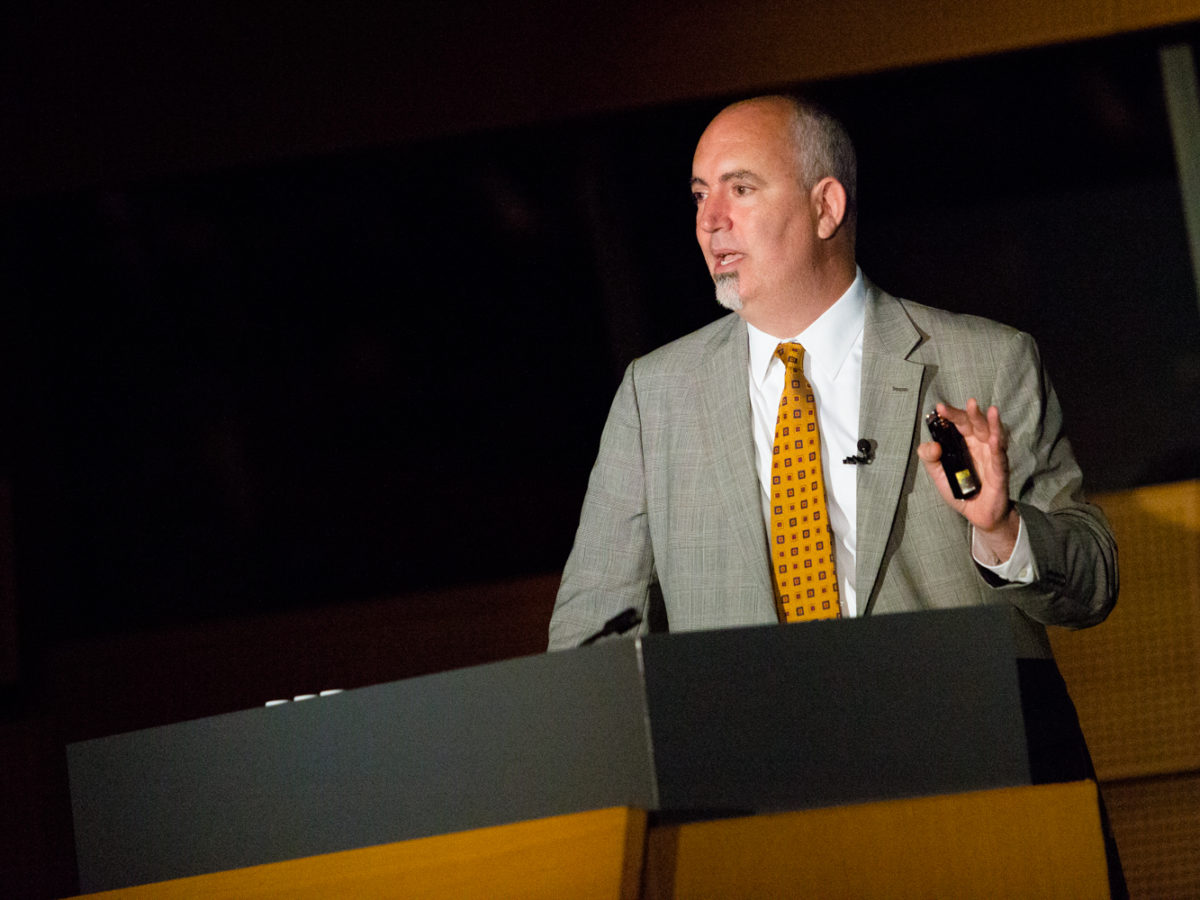
Strategic Sustainability: Creating Abundant Enterprises
“most business leaders stumble on how to align sustainable tactics to create competitive advantage”. Professor Jay Friedlander discusses strategic sustainability at The Asian Conference on Sustainability, Energy & Environment.
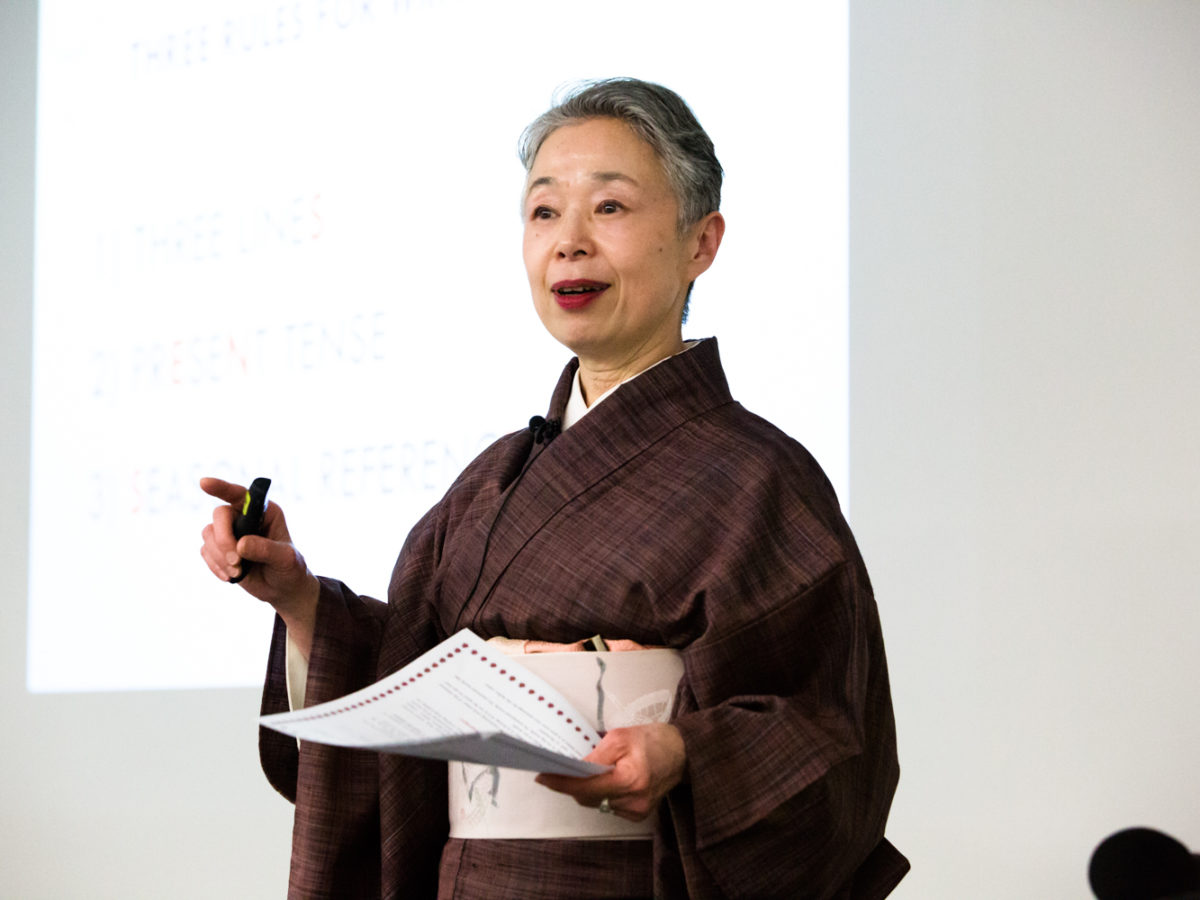
What is Haiku?
Hana Fujimoto and Emiko Miyashita answer the not so simple question of, “What is haiku?”, before discussing the adoption of haiku by Western poets and the evolution it has seen in Japan and in the West.
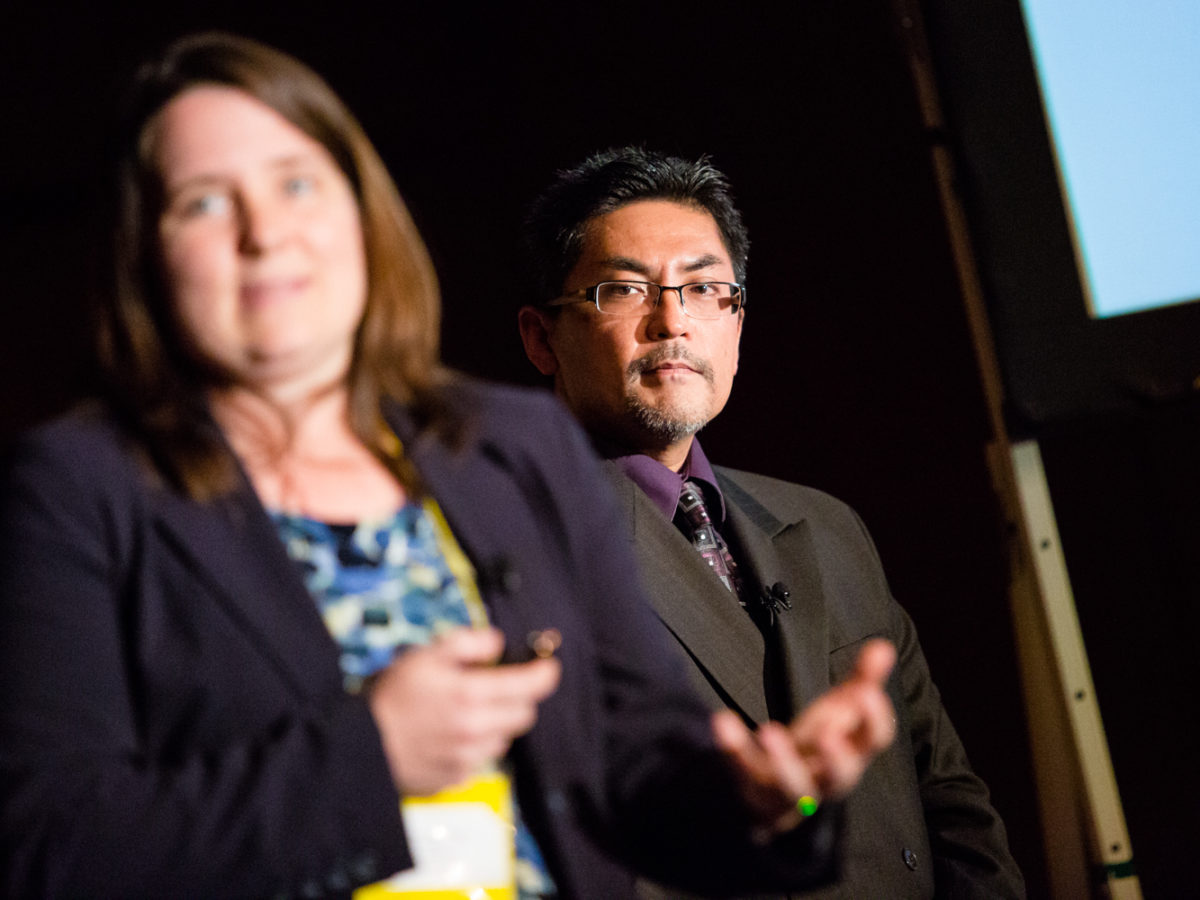
Soft Power & the Convention on the Rights of Persons with Disabilities
Dr Joseph Haldane discusses soft power & the Convention on the Rights of Persons with Disabilities (CRPD) with Dr Amy Szarkowski and Dr Yukinori Komine.
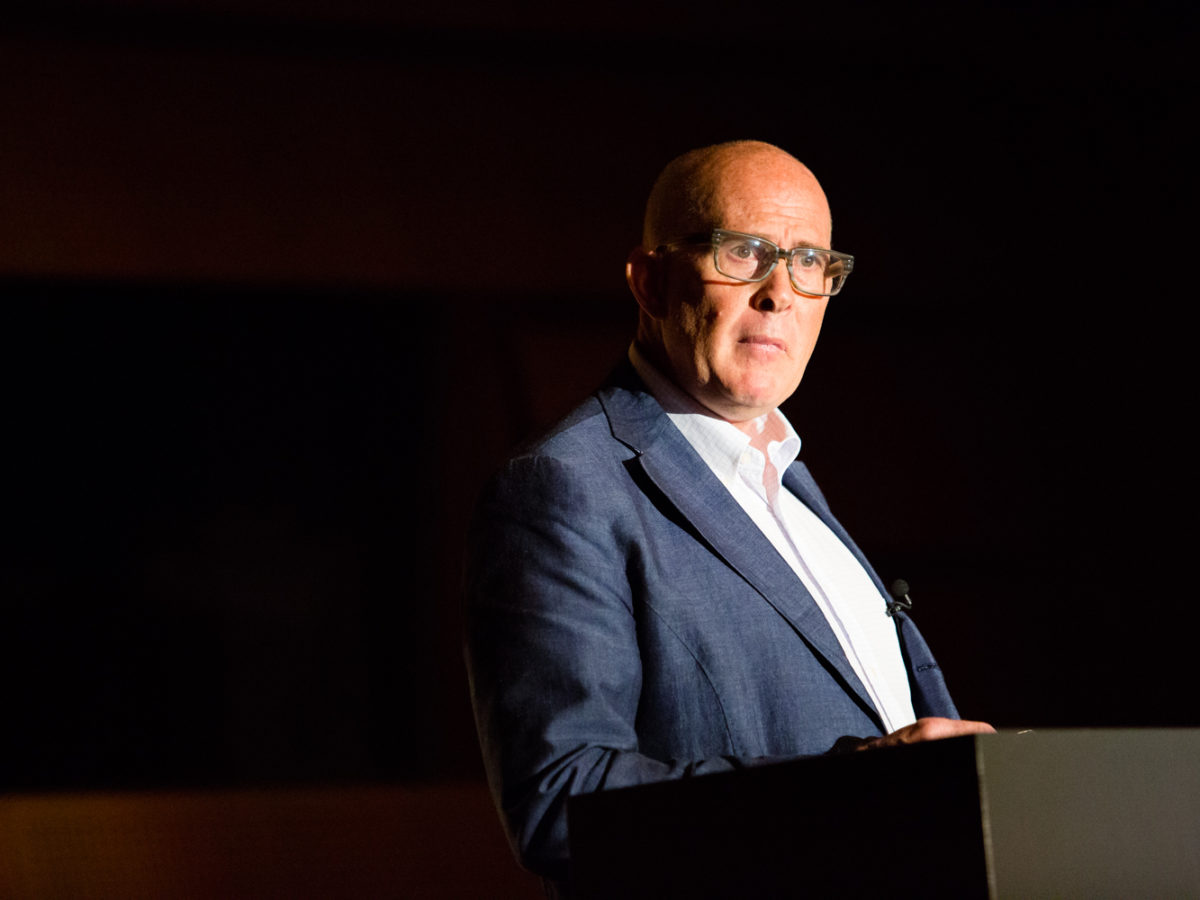
Individual, Community and Society: Conflict, Resolution and Synergy
Lowell Sheppard, Asia Pacific Director of the HOPE International Development Agency, presents a personal perspective on the makeup of conflict and how it can spark transformation.
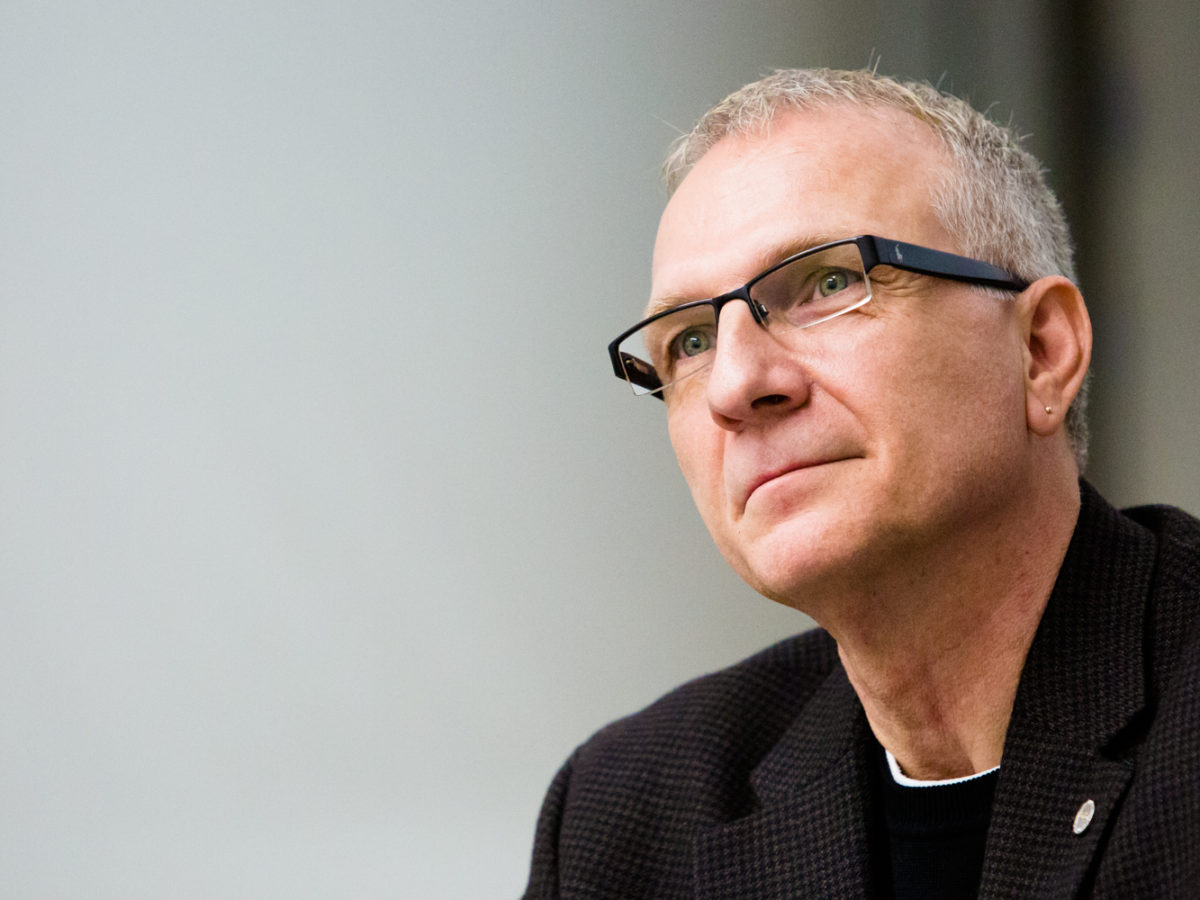
Technology: It’s Impact on Media and the Way We Communicate
“From how we eat to how we travel and work to how we entertain ourselves, technology has become an integral part of our day.” Gary E. Swanson discusses the ways technology has changed how we communicate and interact with one another.
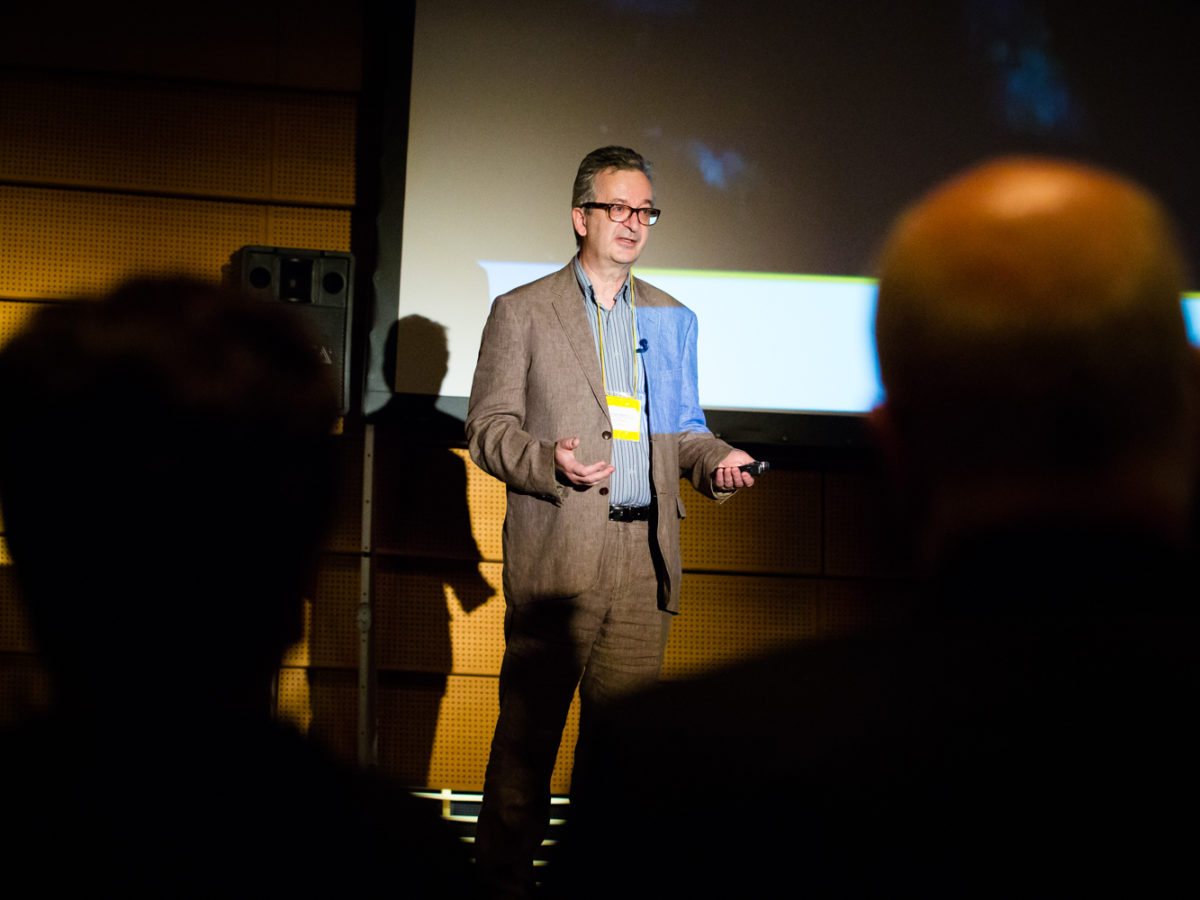
The DAMIN Program
In his Featured Presentation at The Asian Conference on Arts & Humanities 2014 (ACAH2014) in Osaka, Japan, Professor Georges Depeyrot discusses the work of the DAMIN program.
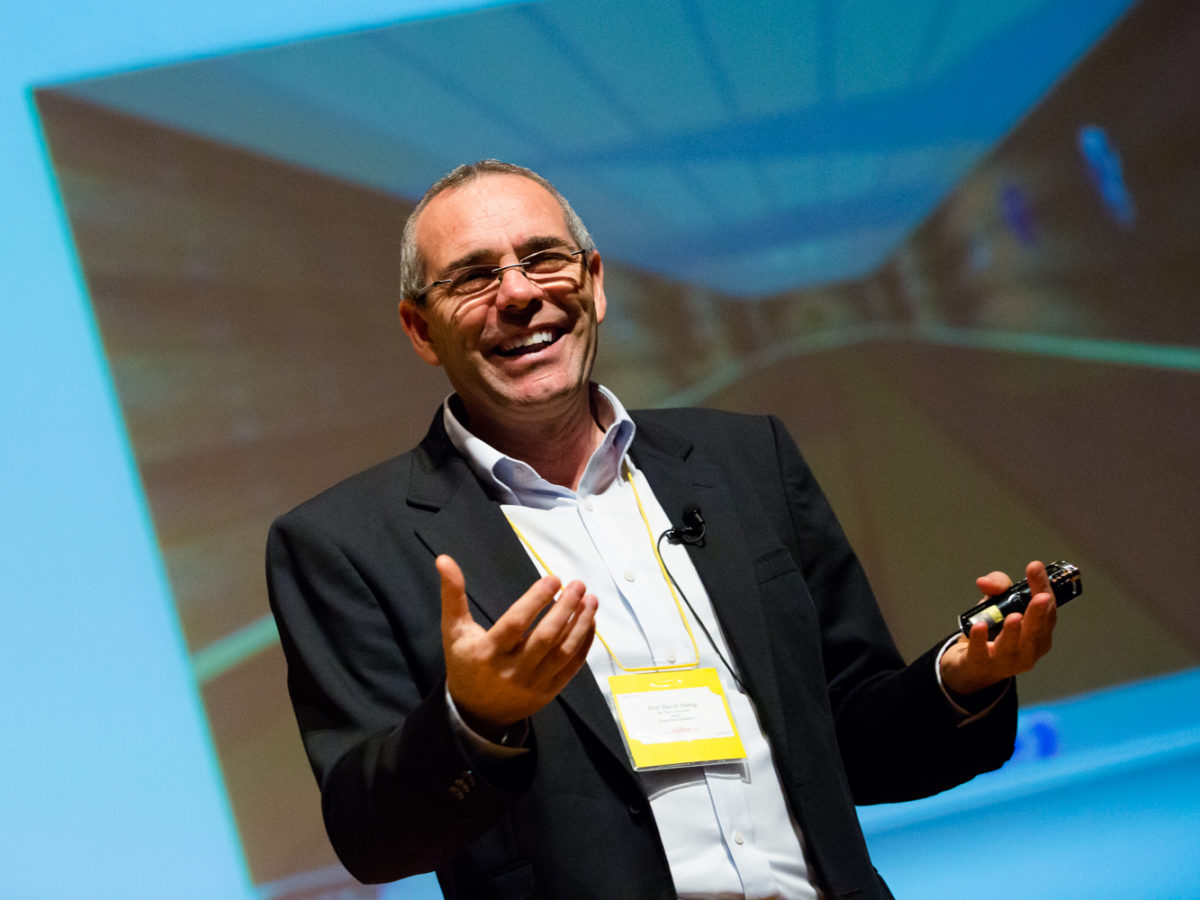
The Flynn Effect, Technology and the New Education Paradigm
Though the future may seem bleak, Professor David Passig remains optimistic and confident that human society will continue to evolve into something greater with the aid of future technologies.
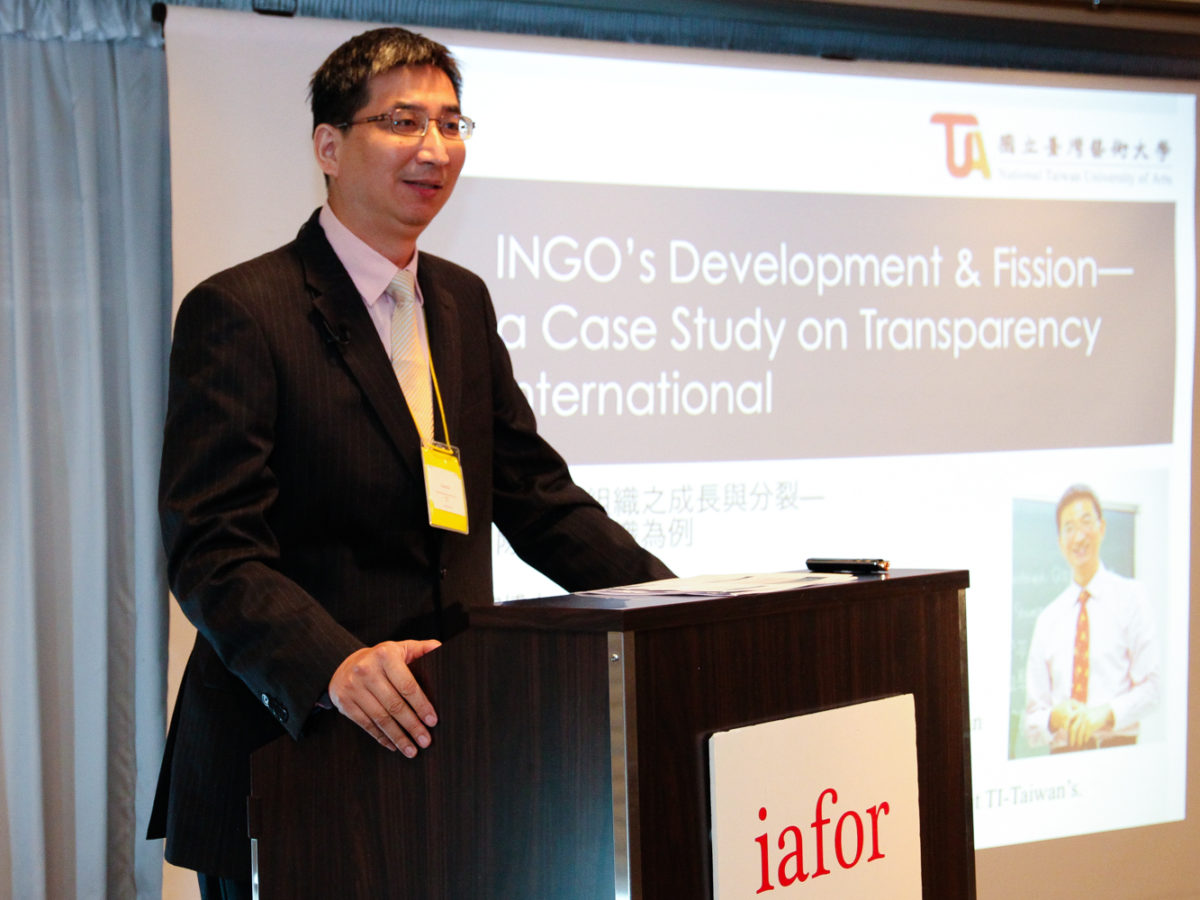
An INGO’s Development and Fission: A Case Study on Transparency International
Dr Ernie Ko offers us a behind the scenes look at the internal politics and personalities of the prominent global NGO, Transparency International.
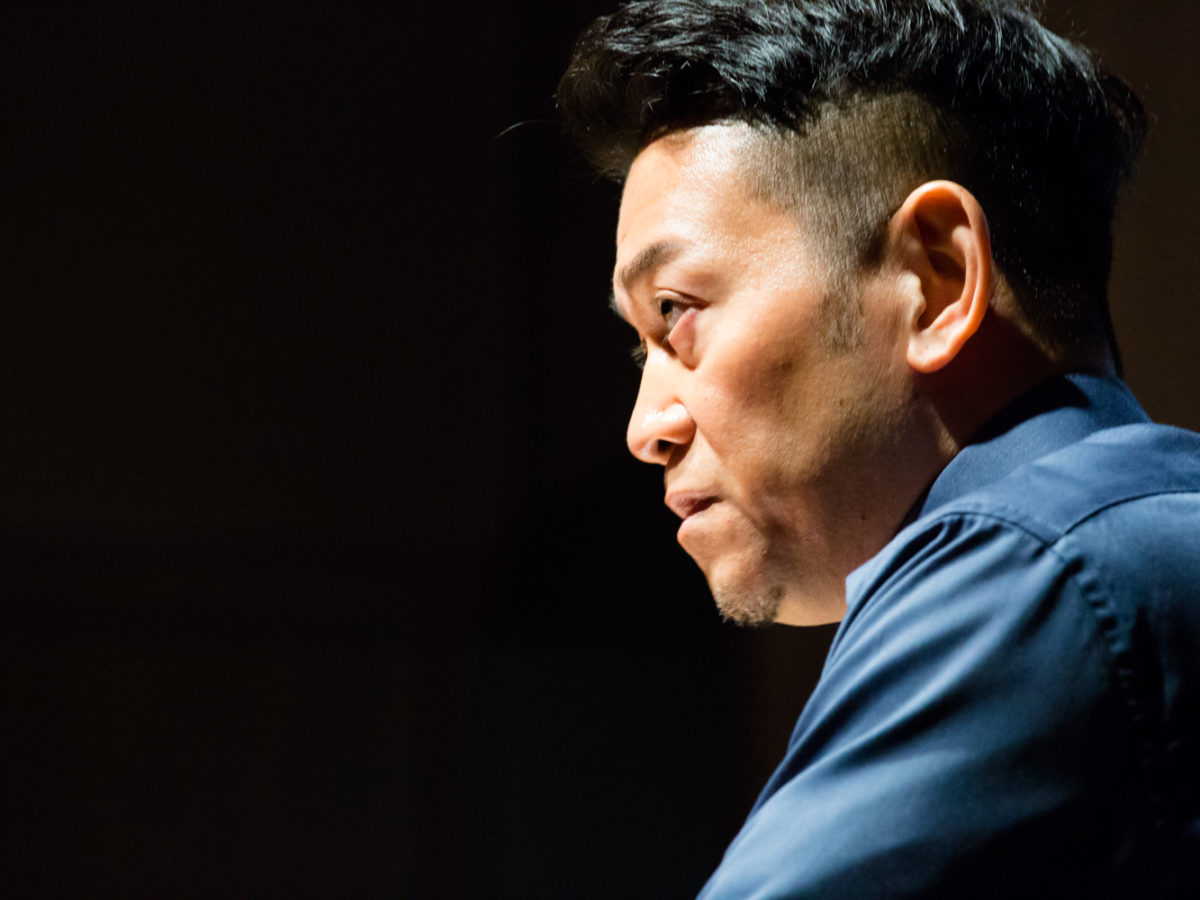
Convergence or Collision – Human Rights with or without Cultural Studies
Professor John Erni considers the conditions of possibility for overcoming the apparent non-correspondence between critical cultural humanism and rights, or between culture and law.
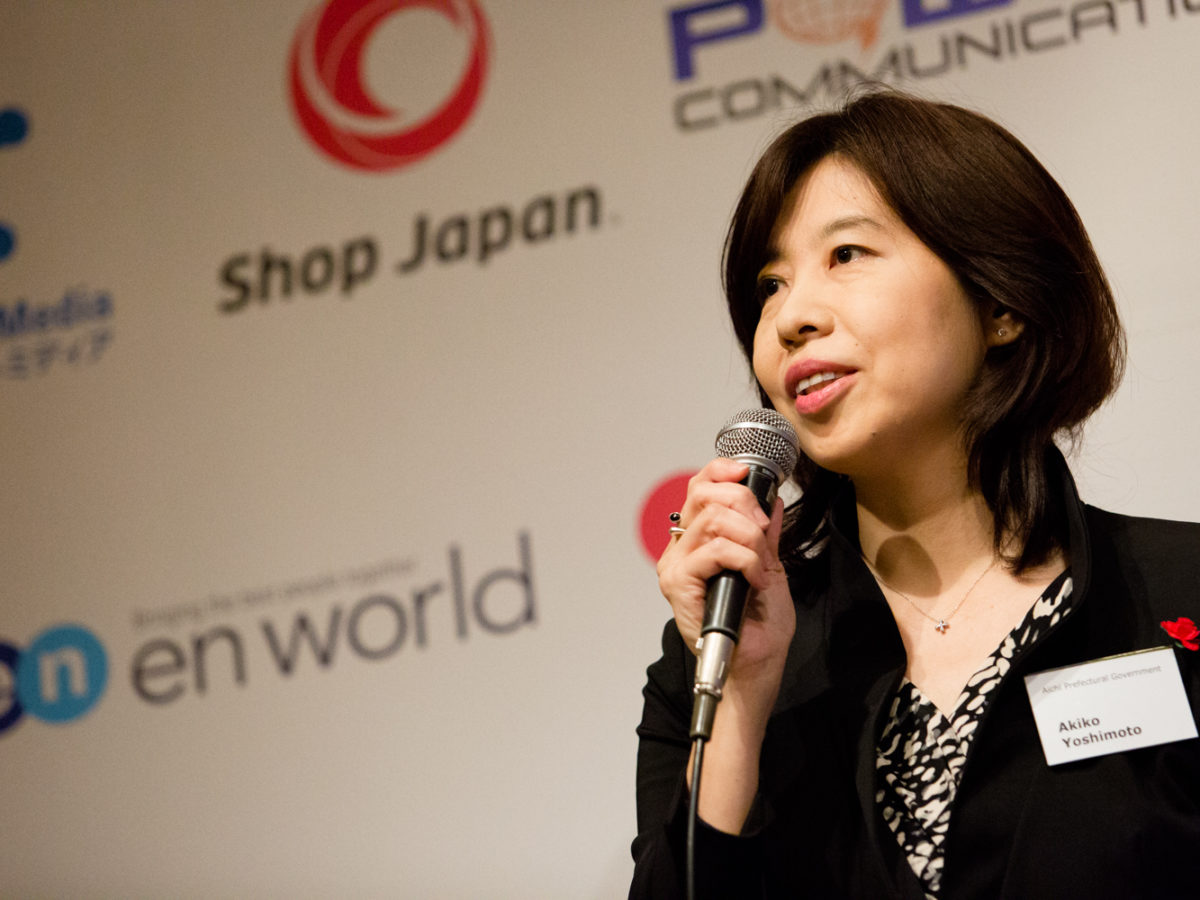
Diversity in the Workplace
Ms. Akiko Yoshimoto, Vice-Governor of Aichi Prefecture, Japan, discusses the importance of diversity in the workplace at the ACCJ Chubu Diversity Summit in Nagoya.
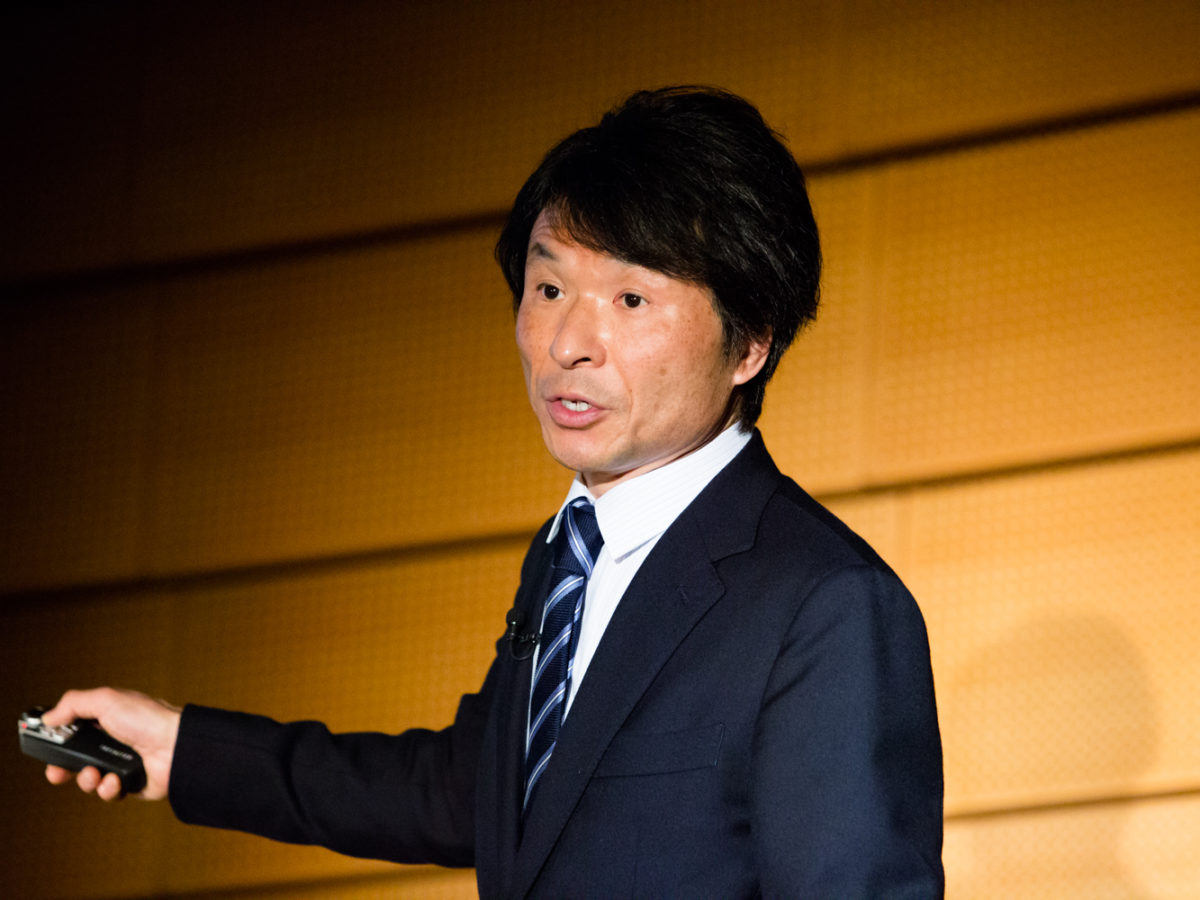
Motivations, Biases and Punishment Minoru Karasawa
In this interview, Dr Minoru Karasawa of Nagoya University, Japan, speaks with IAFOR Executive Director, Dr Joseph Haldane, about the issue of fairness and bias when choosing punitive measures as a form of punishment.
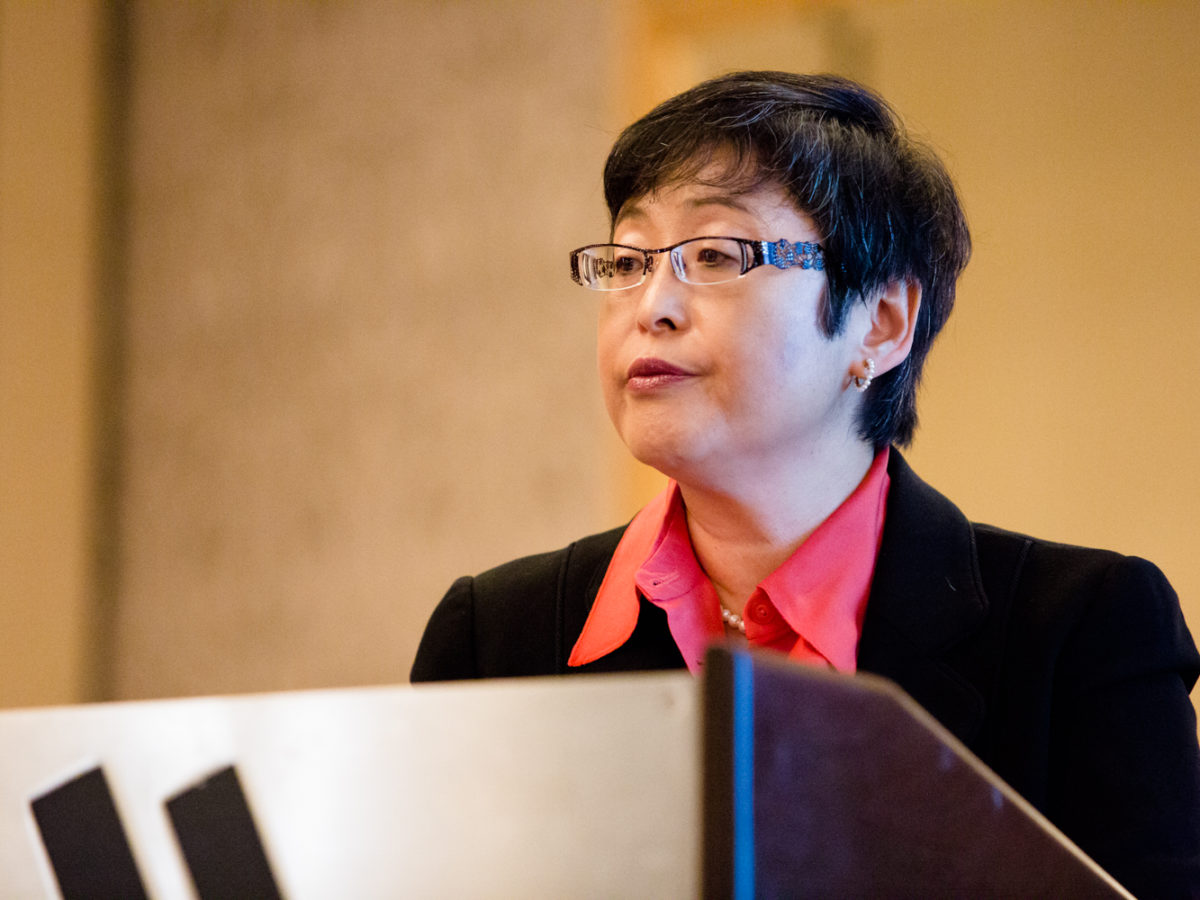
Workplace Conflict? Call the Mediator
Linda Toyo Obayashi, Senior Mediation Officer at The World Bank Group, discusses workplace conflict and the evolving interdisciplinary field of conflict resolution.
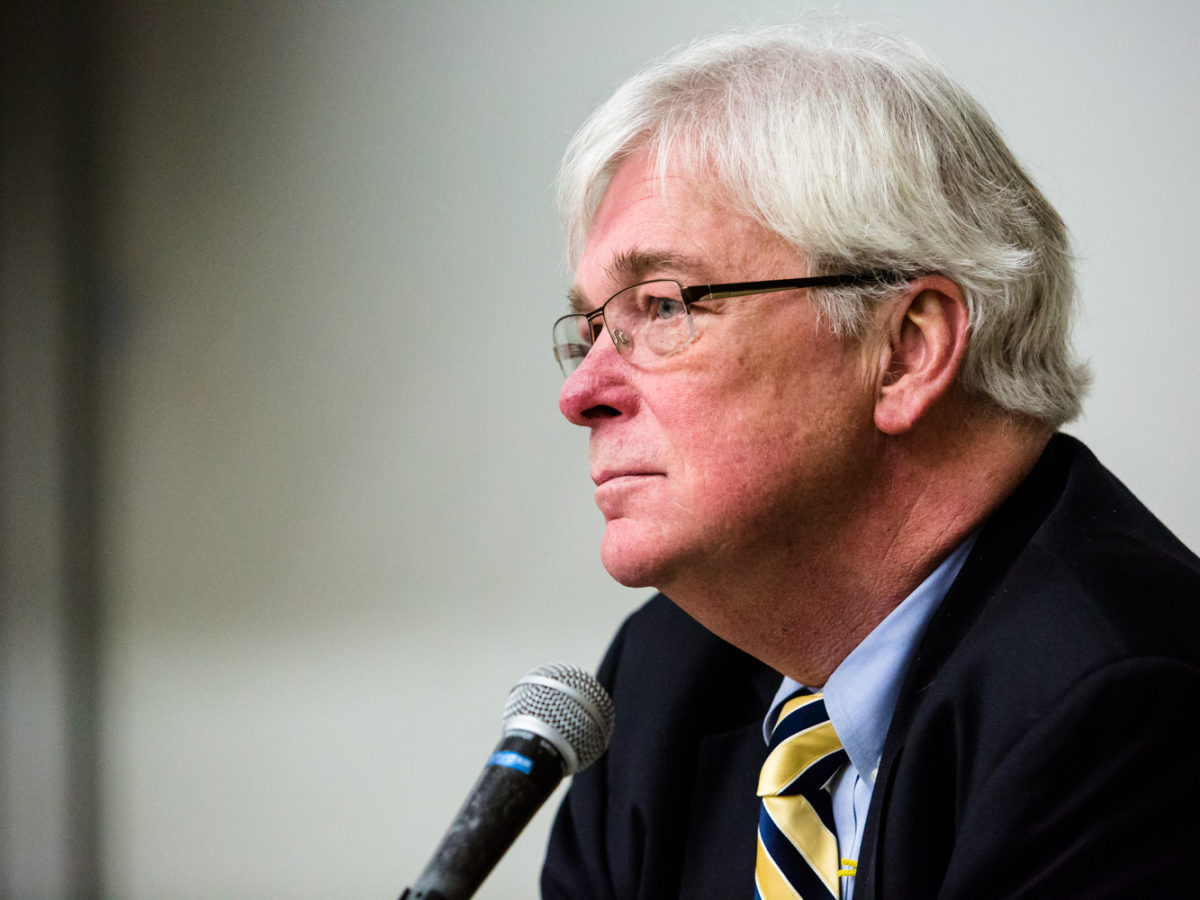
Journalism and Life in the Middle East
Professor Richard J. Roth of Northwestern University discusses journalism and life in the Middle East with three time Emmy award winner and IAFOR Conference Chair, Professor Gary E. Swanson.
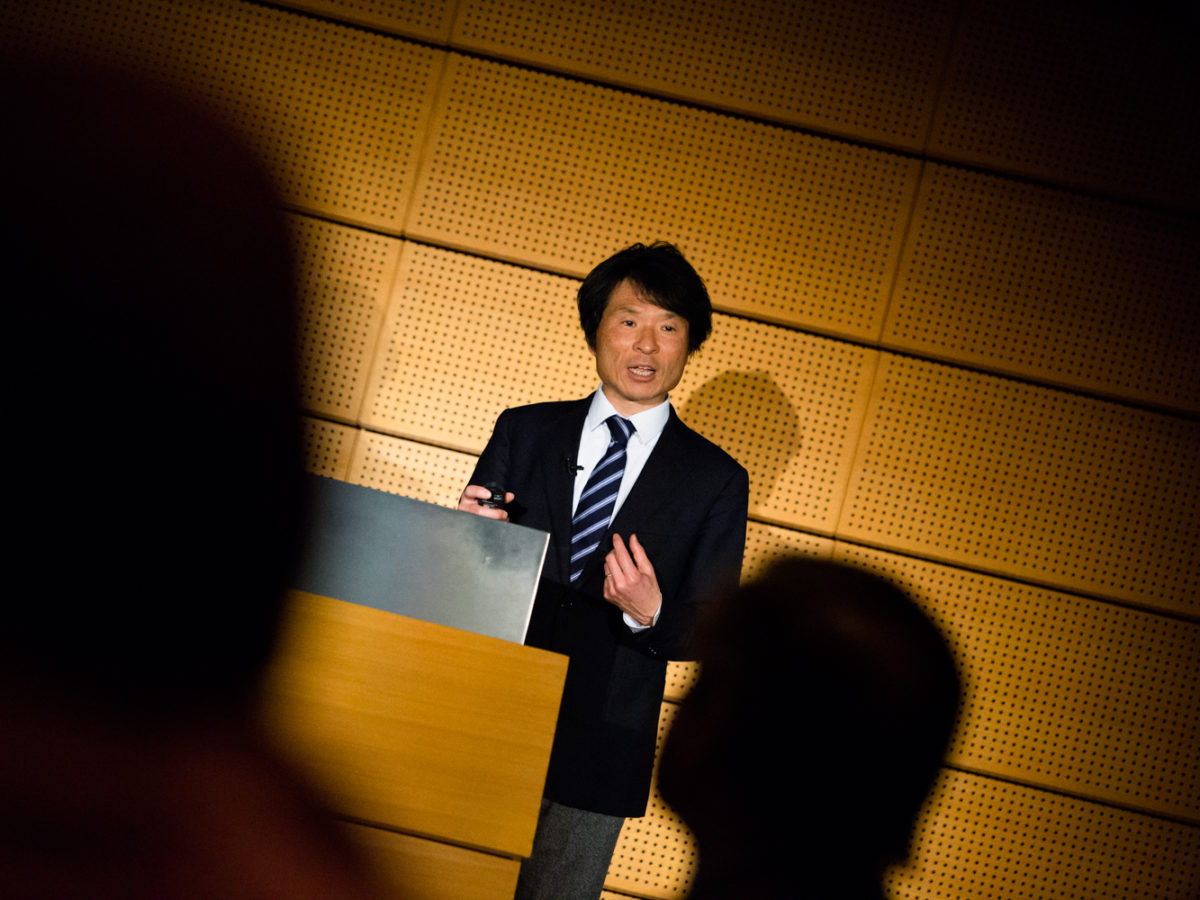
Blameworthy Character Invites Harsher Punishment
In his Keynote Presentation at The Asian Conference on Psychology & the Behavioral Sciences 2014 (ACP2014), Dr Minoru Karasawa presents his finding on the effectiveness of punishment in Japanese society.
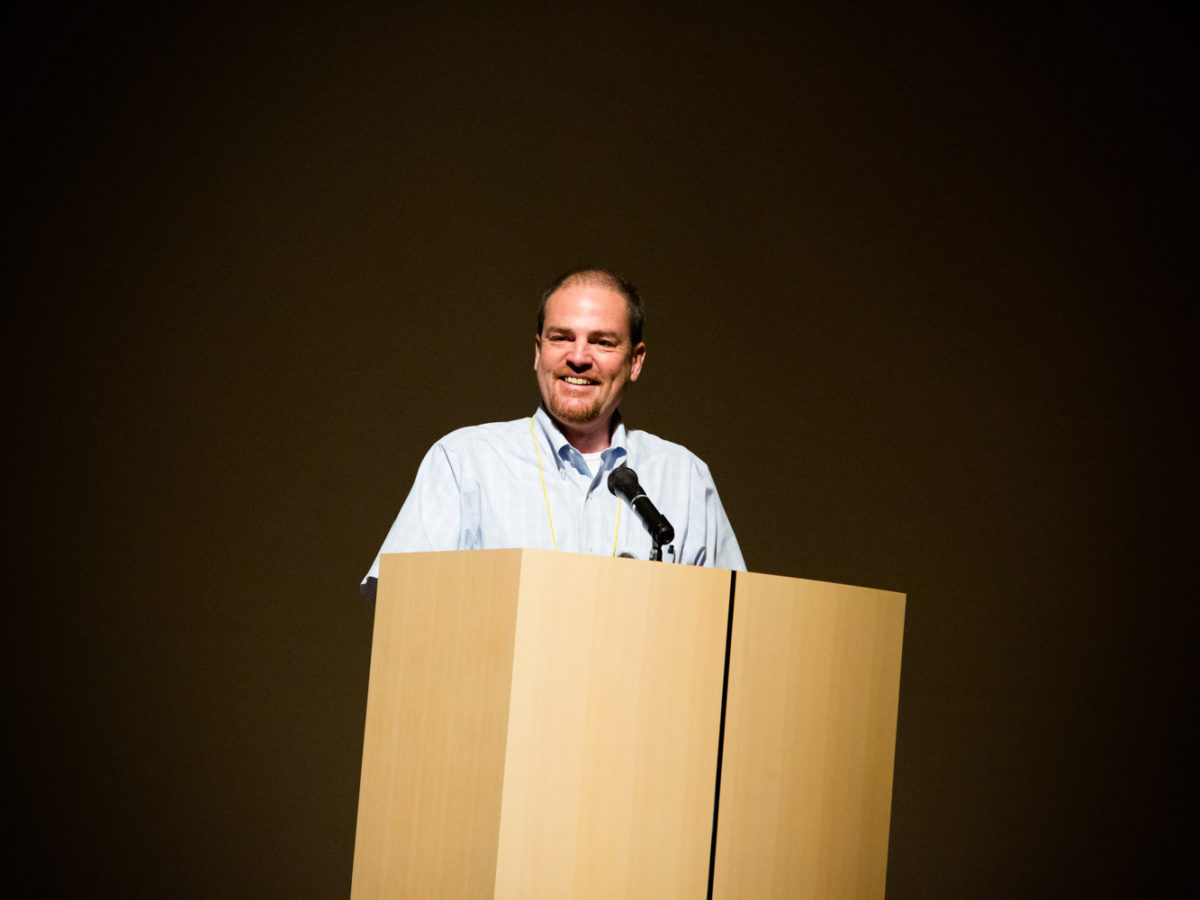
A Message from IAFOR Technology in the Classroom Conference Chair, Ted O’Neill
Professor Ted O’Neill explains how IAFOR’s conference programmes in technology and education encourage scholars and practitioners to reflect on both the positive and practical implementations of technology in teaching and research.
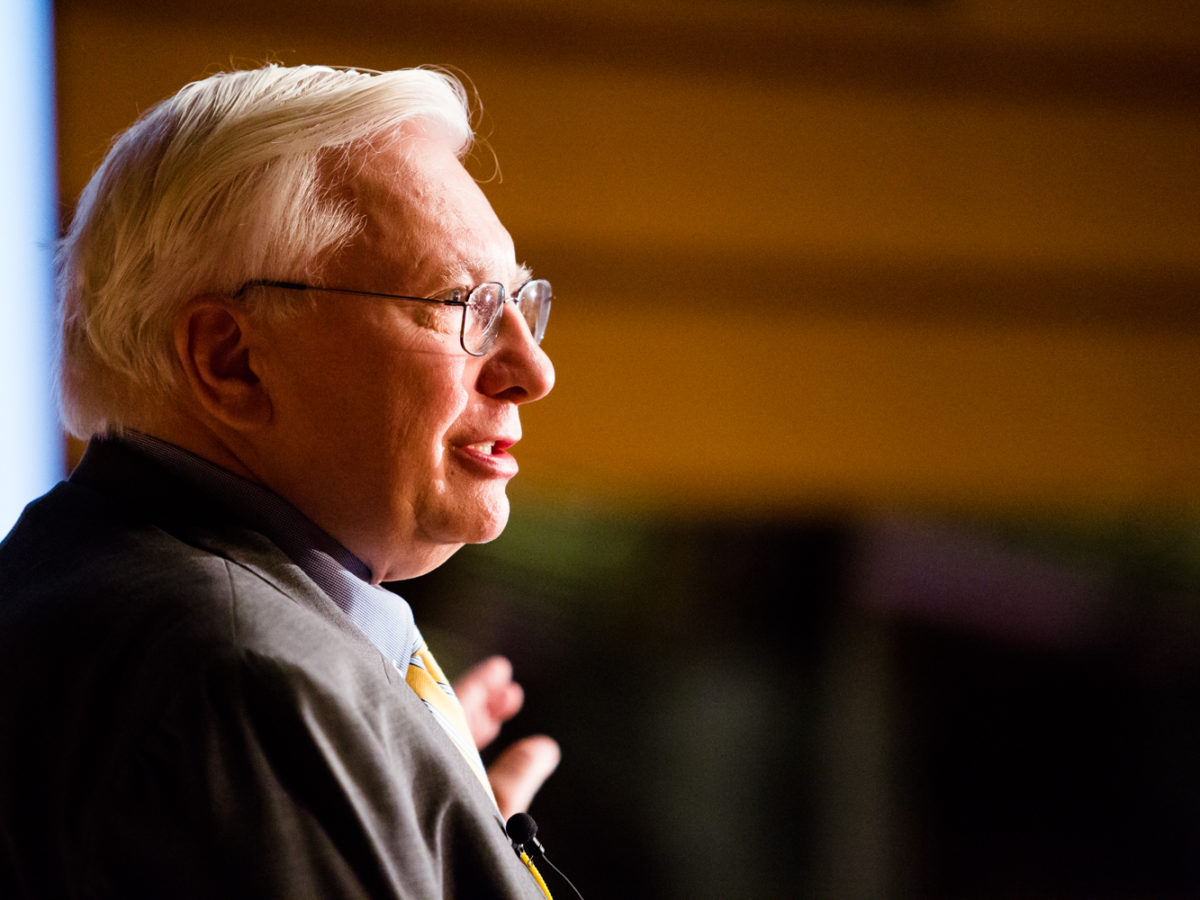
Robots and Identity
Professor Keith W. Miller explains the challenges presented when robots, cyborgs and computers form unique identities and become more like individuals.
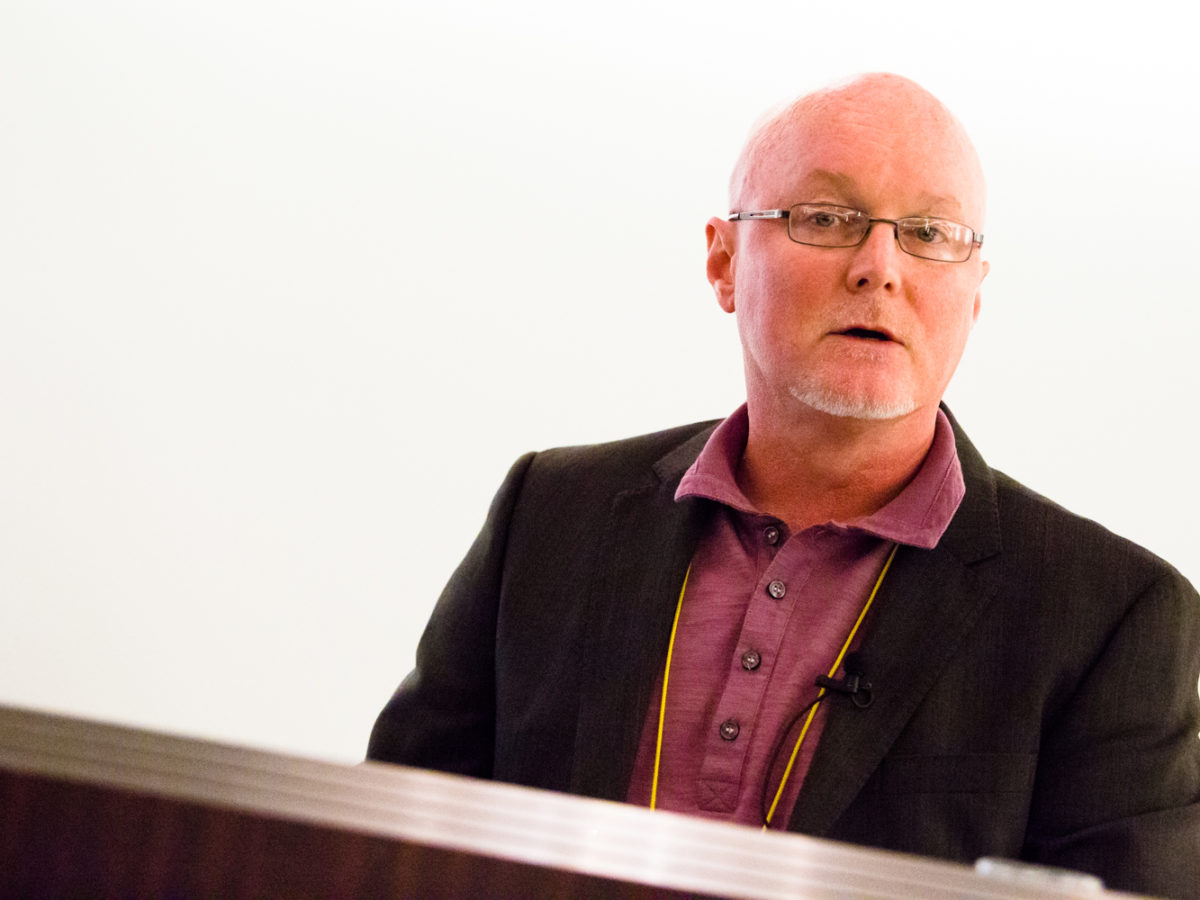
Interdisciplinary Education as Our Best Hope for the Future
Donald E. Hall explains the essential need for interdisciplinary education in the liberal arts and sciences – especially as informed by the humanities, the social sciences, the visual and performing arts and cultural studies.
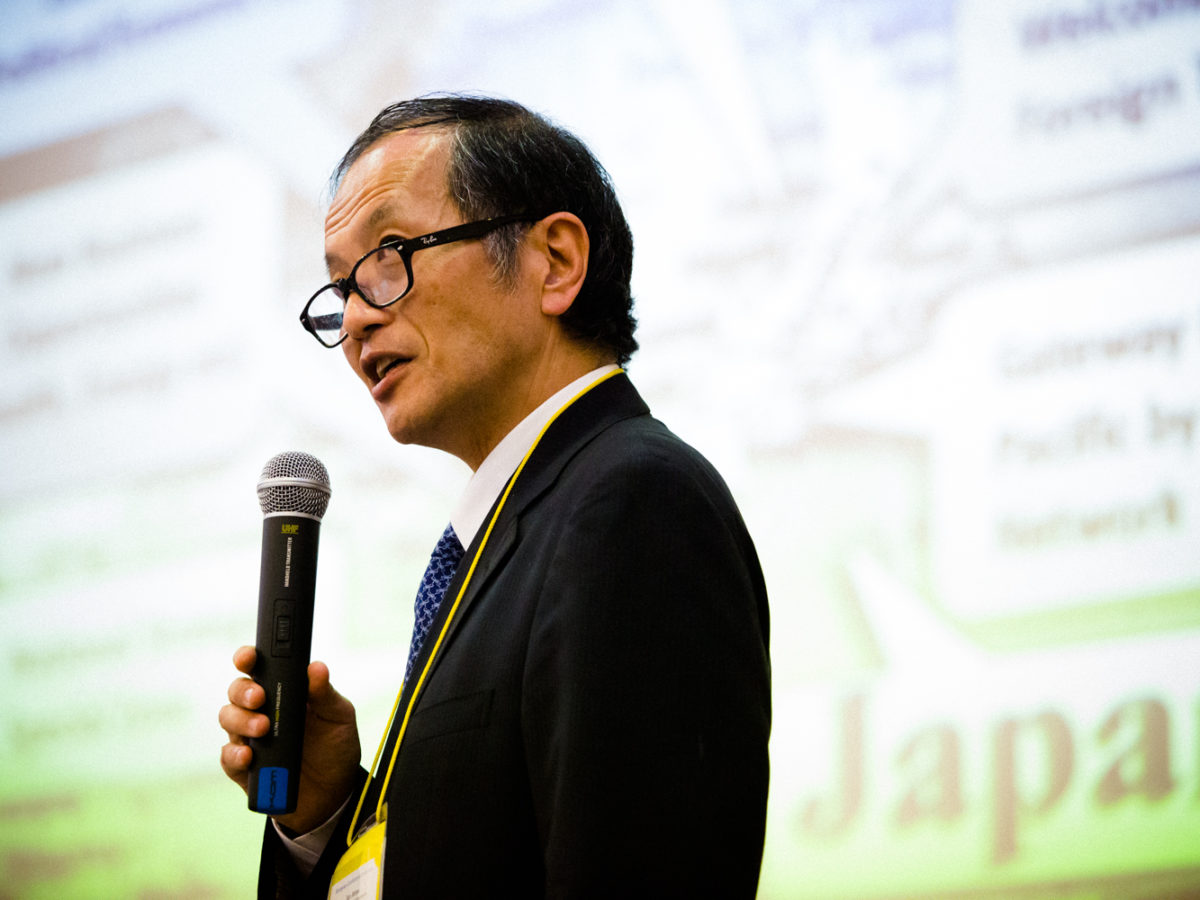
Abenomics and the State of the Japanese Economy
Jun Arima, Director General of JETRO London, sits down with Rev. Prof. Stuart D.B. Picken (1942-2016), Chairman of IAFOR’s International Advisory Board, to continue their discussion on Japan’s economy.
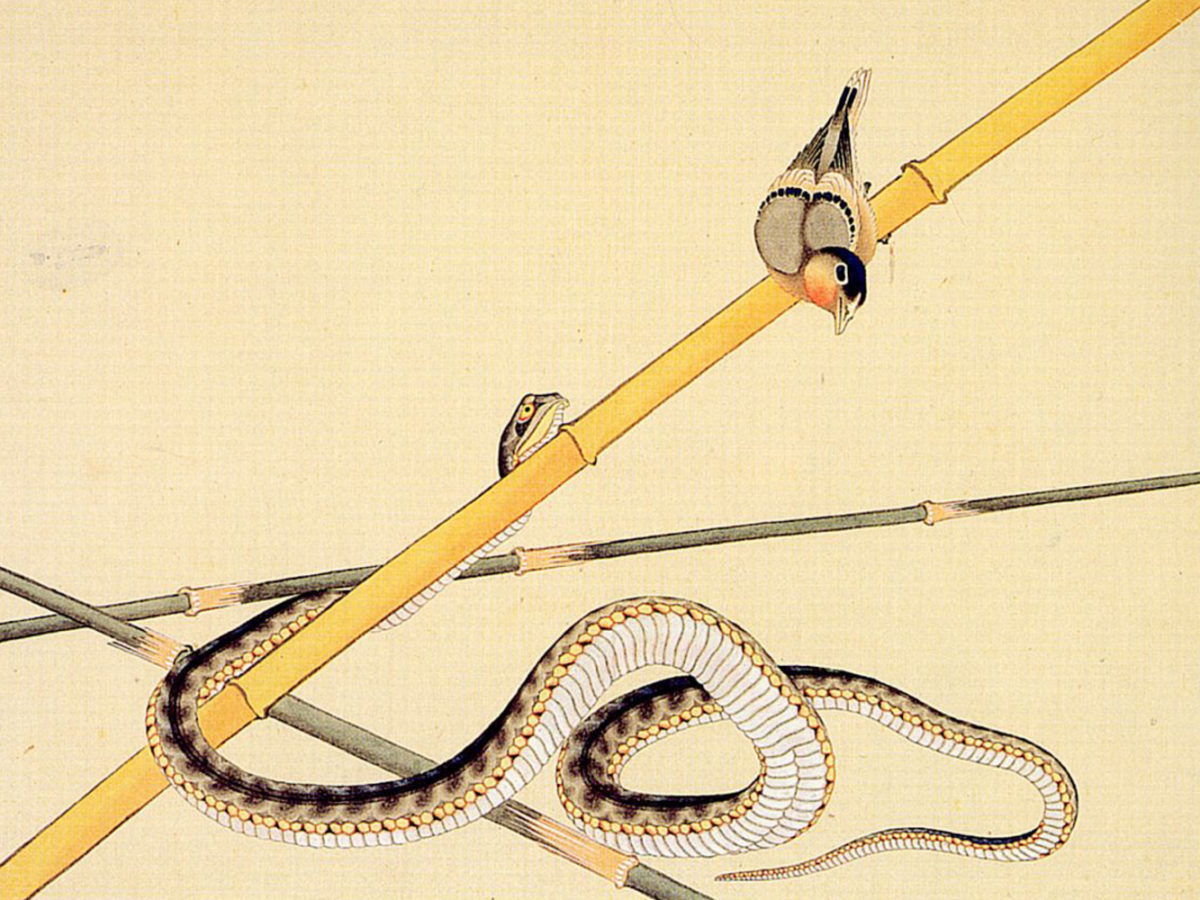
The IAFOR Vladimir Devidé Haiku Award – Winners 2016
Dr. A. Robert Lee announces the winners of this year’s IAFOR Vladimir Devidé Haiku Award at The Asian Conference on Literature & Librarianship 2016 in Kobe, Japan.
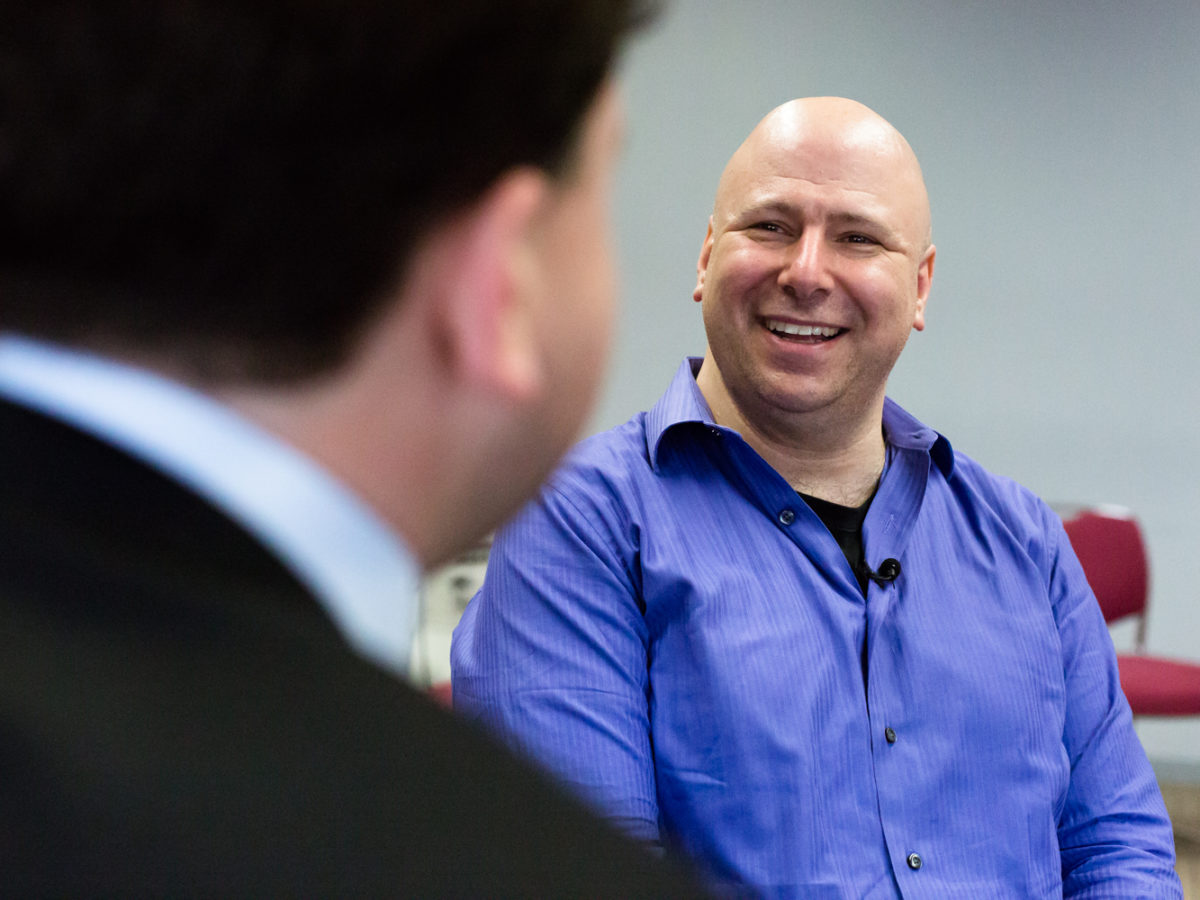
Yasukuni Shrine, Constitutional Law & Civil Rights
Dr Joseph Haldane speaks with Professor Frank S. Ravitch about some of the bigger issues surrounding Japanese government officials visiting the Yasukuni Shrine.
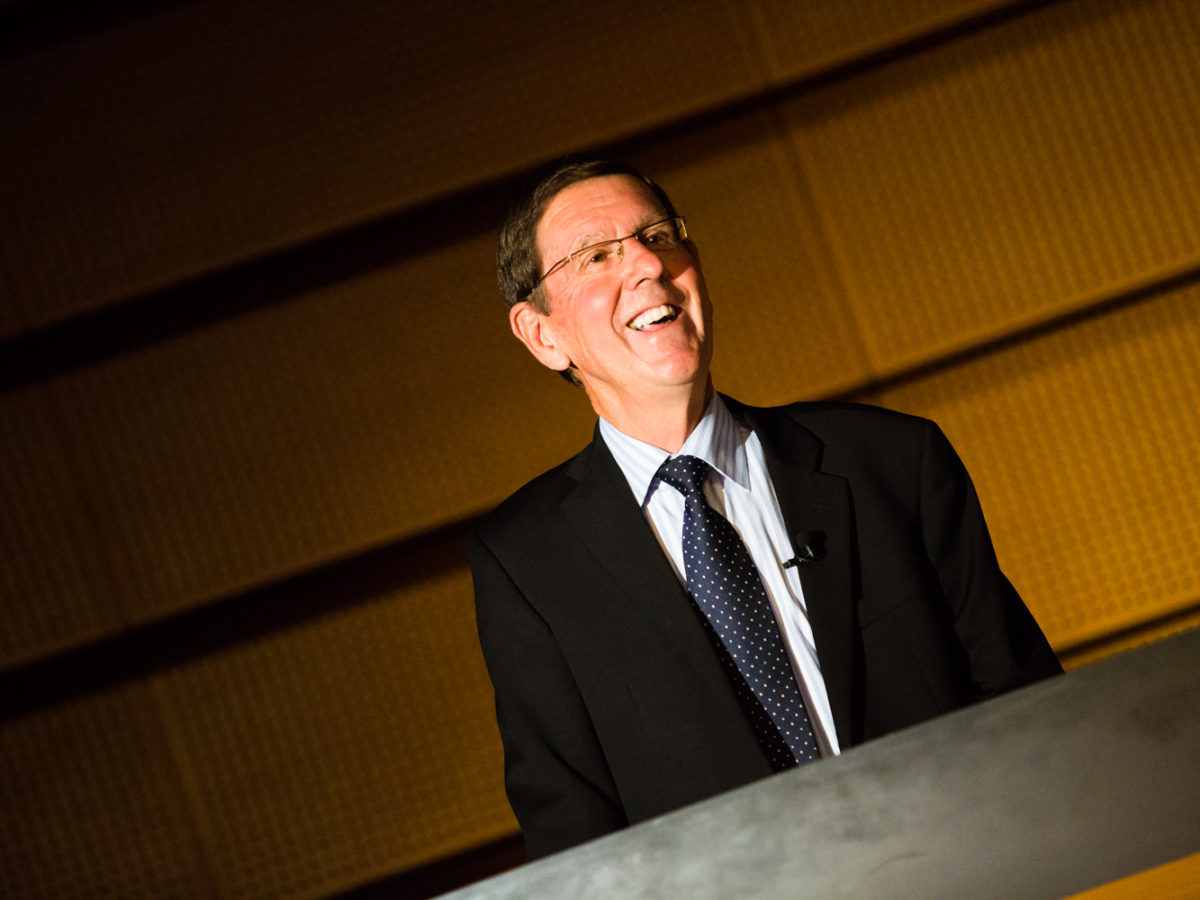
International Education
In this interview Dr Haldane and Dr Hope discuss the importance of international education and how, with proper care and attention, it can help change the world.
